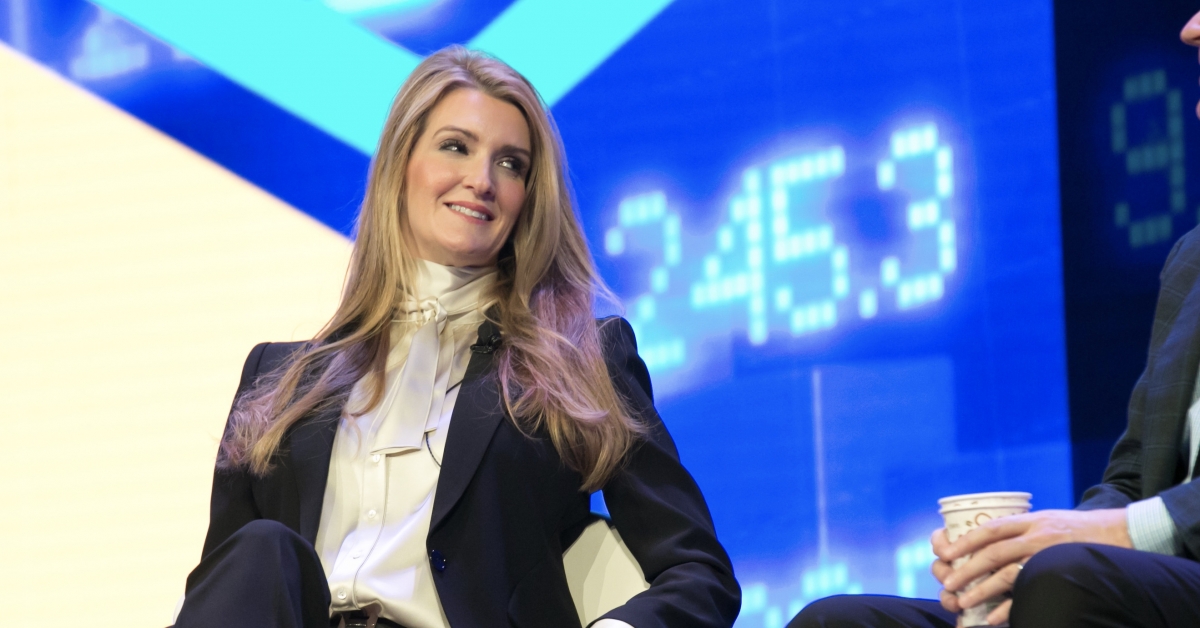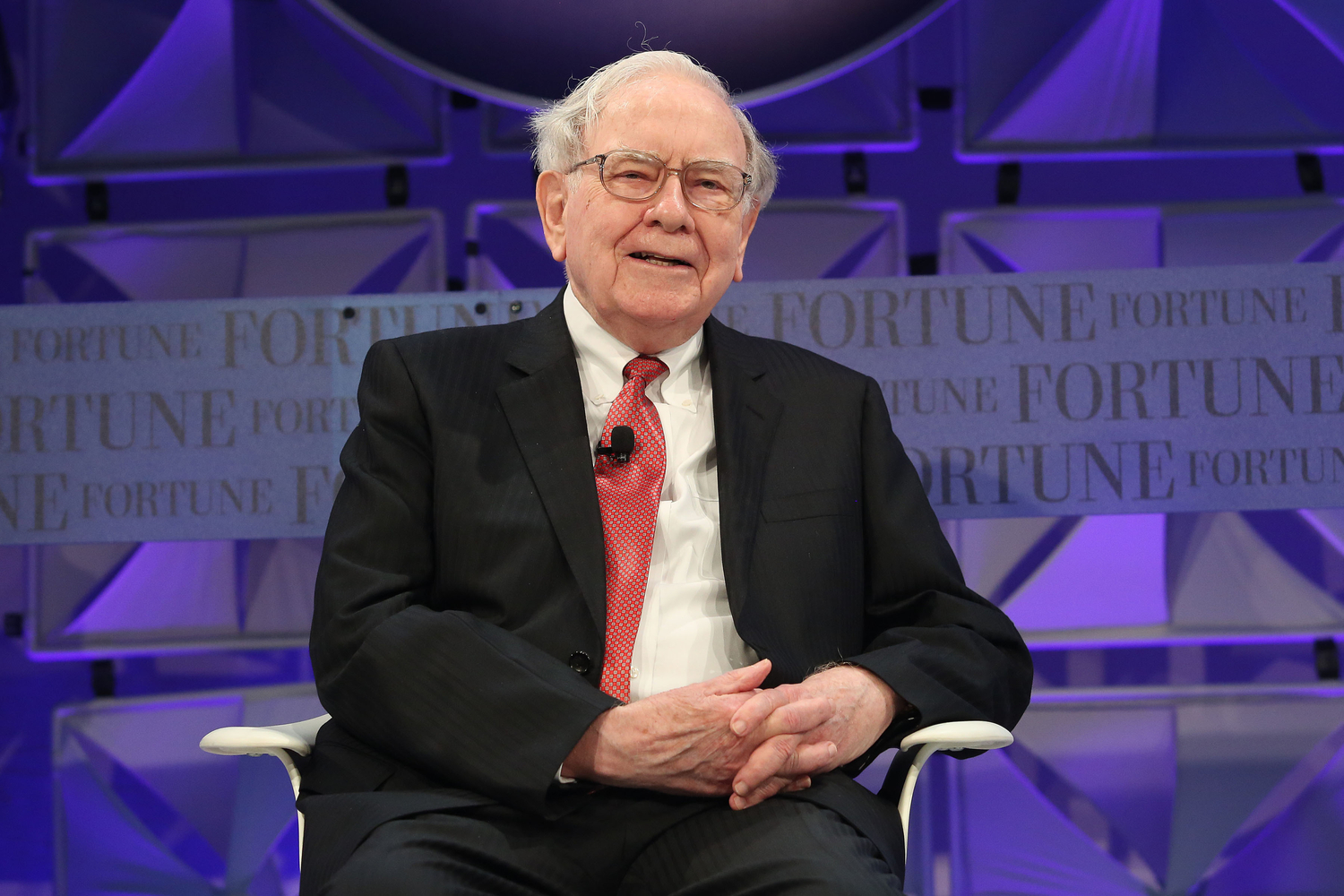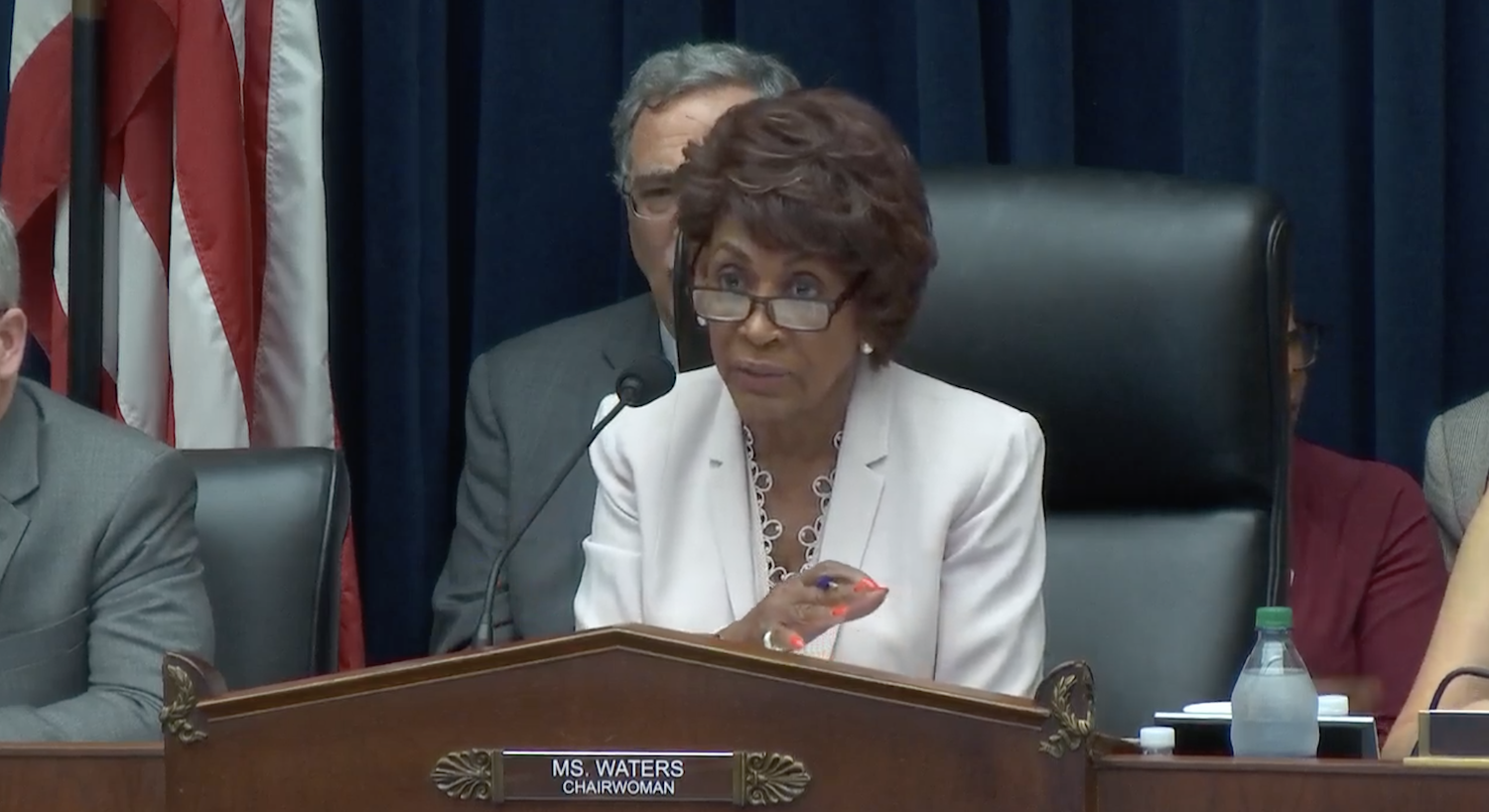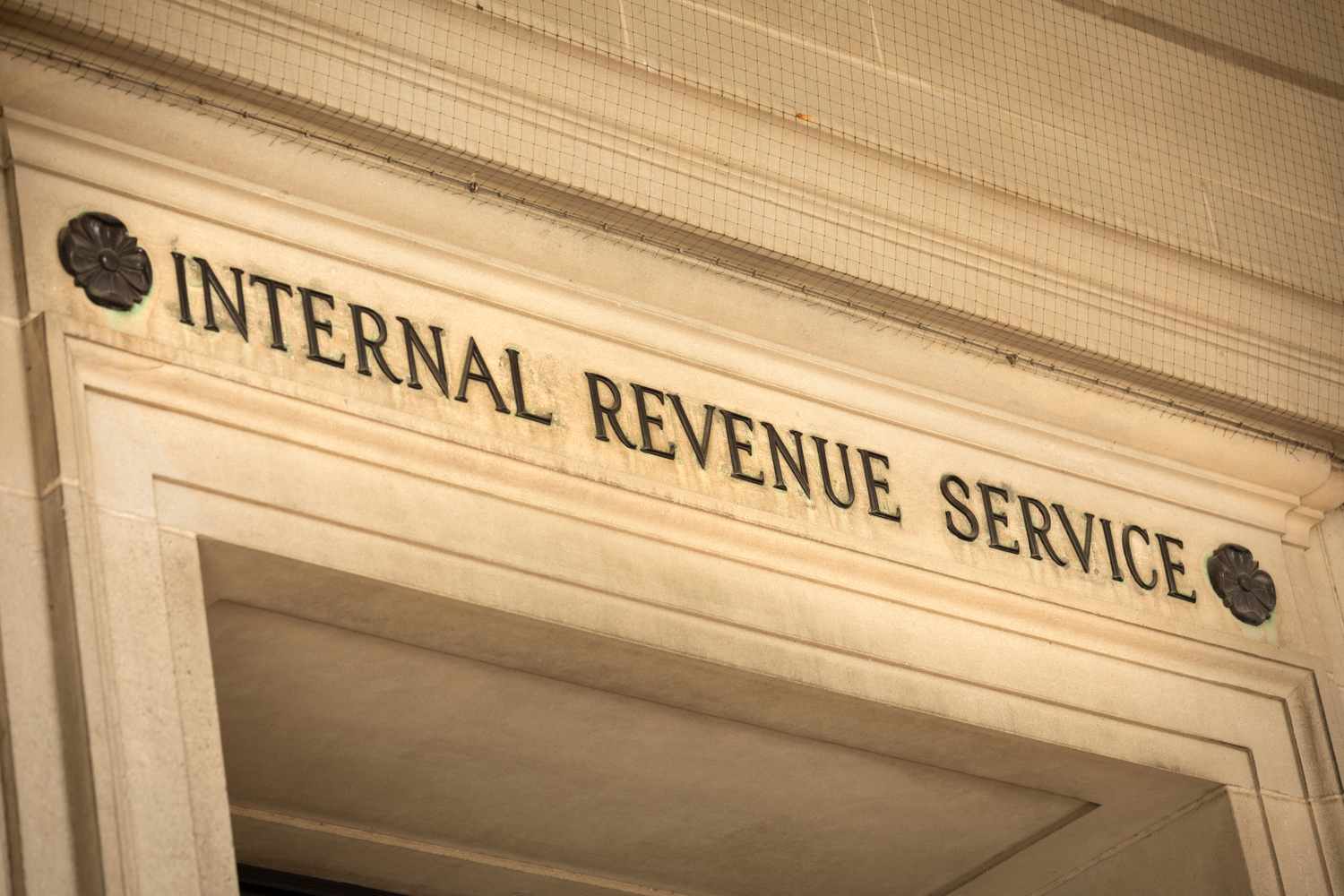Welcome, Crypto, to the Fiery Cauldron of U.S. Presidential Politics
Whether the crypto industry wants the spotlight or not, digital assets are among the earliest talking points in the 2024 U.S. presidential election, with the most prominent of the new candidates even invoking bitcoins in his campaign opener as evidence of President Joe Biden’s missteps.
In an election in which the heaviest fireworks will likely be seen on the side of the Republican challengers, former President Donald Trump – occupying the role as Biden’s leading nemesis – is himself facing an early-days threat from Florida Gov. Ron DeSantis, who immediately staked out crypto as a kind of political shorthand.
“The current regime, clearly, has it out for Bitcoin,” DeSantis said from his campaign’s Twitter Spaces launch pad, using crypto to represent innovation and personal freedom. “Bitcoin represents a threat to them, they’re trying to regulate it out of existence.”
If digital assets keep figuring into presidential politics, they’ll likely feature as a stand-in to illustrate the perceived abuses of the federal government, according to industry insiders and political experts. But the attention may not contribute to the policy progress crypto businesses crave, because the sector is waiting for comprehensive rules, not political sentiments.
So far, Biden’s administration is being accused of squeezing emerging crypto businesses and trying to set up a central bank digital currency (CBDC) to spy on citizens, according to DeSantis and one of Biden’s challengers from his own party, Robert F. Kennedy, Jr.
For DeSantis, his pro-crypto position also separates him from chief rival Trump. The digital assets views of the Republican frontrunner for the 2024 nomination have historically been rooted in distrust, with Trump having declared in 2019 that he was “not a fan” of bitcoin and other cryptocurrencies, “whose value is highly volatile and based on thin air.” However, more recently Trump profited from his own series of non-fungible tokens (NFTs), so his position remains murky.
Two weeks before DeSantis opened his campaign beside tech mogul Elon Musk, he sought to make a political moment out of his state’s “ban” of a U.S. CBDC. Experts in the commercial law Florida used to act against a potential digital dollar have said Florida’s effort isn’t a ban at all, but that might not matter for political supporters impressed by DeSantis’ zeal.
“He seems to understand that private solutions being developed in the crypto markets are likely to be superior, in part because they pose fewer risks to the individual liberty of the public,” said Dave Weisberger, CEO of CoinRoutes, a trading tech startup in DeSantis’ home state.
But DeSantis is generally vague about his defense of cryptocurrencies, and his remarks don’t seem to acknowledge they are online instruments that can operate outside the whims of sovereign states. When he says that Democrats – given another four years – will “probably end up killing it,” it seems to suggest the U.S. lawmakers would have more reach than they do, and that crypto won’t find homes in other global jurisdictions, such as in Europe.
“It’s more about how he’s trying to paint himself as a fresh face,” said Ron Hammond, director of government relations for the Blockchain Association in Washington. “He’s trying to say ‘I’m the younger gun here who’s trying to get something done.’”
A rival Republican candidate, Vivek Ramaswamy, has argued the Florida governor doesn’t know the topic well. The biotech entrepreneur told CoinDesk he’s pro-Bitcoin because he sees it as a “decentralized alternative” to the U.S dollar, improving the country’s financial infrastructure by presenting “a source of competition to the existing system.” And he says he understands it much more than DeSantis.
Other notable Republican candidates, such as Sen. Tim Scott (R-S.C.) and his state’s former governor, Nikki Haley, have reserved comment on the financial movement. Despite his position on the Senate Banking Committee that could help decide U.S. crypto’s fate, Scott has taken the most neutral possible stance, saying lawmakers should take a “thoughtful, bipartisan and balanced approach” to overseeing the industry in the U.S.
Among the Democratic challengers to standard-bearer Biden, Kennedy – who also holds other views that overlap with Republican positions – is fervently pro-crypto.
“Cryptocurrencies, led by bitcoin, along with other crypto technologies are a major innovation engine,” Kennedy wrote in a tweet earlier this month. “It is a mistake for the U.S. government to hobble the industry and drive innovation elsewhere.”
The most popular of the pro-crypto candidates among voters, DeSantis, still trails well behind Trump in primary polling, but the fact that there are multiple candidates saying nice things about digital assets is a positive for some in the sector.
“We now have three presidential candidates, spanning both political parties, who explicitly support the digital asset industry,” CoinRoutes’ Weisberger said. “While Republicans are trying to make crypto a partisan issue, the industry itself doesn’t believe it should be, which is why the support from RFK Jr. is also potentially important.”
Biden is the only candidate with a federal record on digital assets. So far, his administration hasn’t set down any significant crypto policy, and the financial regulators he picked have taken a staunchly critical view of the industry. His Securities and Exchange Commission chief, Gary Gensler, may be the most antagonistic of the bunch, combating digital assets businesses in courtrooms and with his agency’s rule proposals. And the direct messages from Biden’s Department of the Treasury and his own White House have been increasingly suspicious of the industry.
Though it wasn’t a campaign remark, Biden, who last month formally announced his effort to stay in the White House another four years, made a crypto jab on Twitter that wealthy investors are dodging taxes. But unlike the social-media presence of a politician such as Trump, it’s unclear how directly involved Biden is with his messaging.
Despite Biden’s administration keeping itself in study-only mode on CBDCs and not yet taking a position on whether the U.S. should have such a thing, the issue has so far become the sharpest political tool in the early presidential contest.
DeSantis accused the White House of pushing for a digital dollar that could not only become a tool of government surveillance but also a financial weapon for direct intervention against political enemies. U.S. Republicans have taken up the grievances of truckers in Canada as the cautionary tale of government run amok, because authorities there locked up the crypto wallets of truck drivers who led protests against Covid-19 related travel restrictions. DeSantis and other U.S. politicians say the Canadian actions could be repeated here.
“There is a degree of fearmongering happening with the CBDC to frame it as another way that the big, bad, scary government is looking to control your daily lives and track you,” said Owen Tedford, an analyst at Beacon Policy Advisors. “So the opposition for these Republicans has little to do with fundamentals, nor is it necessarily based in fact since there is no CBDC, yet.”
Criticizing the non-existent digital dollar is getting increasingly popular and has spawned a number of legislative efforts to stop a CBDC before it starts. Political observers expect the fight – so far one-sided – will keep showing up on the presidential campaign trail.
“I think CBDC is going to be coming up a lot more,” said Hammond of the Blockchain Association, who added that the issue has a ton of points the Republicans can find drama in, from its big-government implications to the fact that the chief global rival of the U.S. has already started down that road. “It’s a combination of China, privacy and mistrust in government.”
Apart from the question of government-issued assets, most don’t think cryptocurrencies will weigh heavily in the election.
“I don’t expect crypto to end up factoring much in the 2020 race unless there is a large market boom or another FTX-scale industry implosion,” said Tedford at Beacon. “I think candidates are more using it as a tool to demonstrate other points.”
Hammond agreed that the sector is not likely to play a significant role.
“I could see it coming up occasionally, but it’s not going to be a stump speech,” he said.
But Perianne Boring, who heads the Chamber of Digital Commerce, said the topic’s prominence might depend on who survives the primaries.
“Given how active the Biden administration has been with crypto, I would assume it would come up in debates,” she said.









